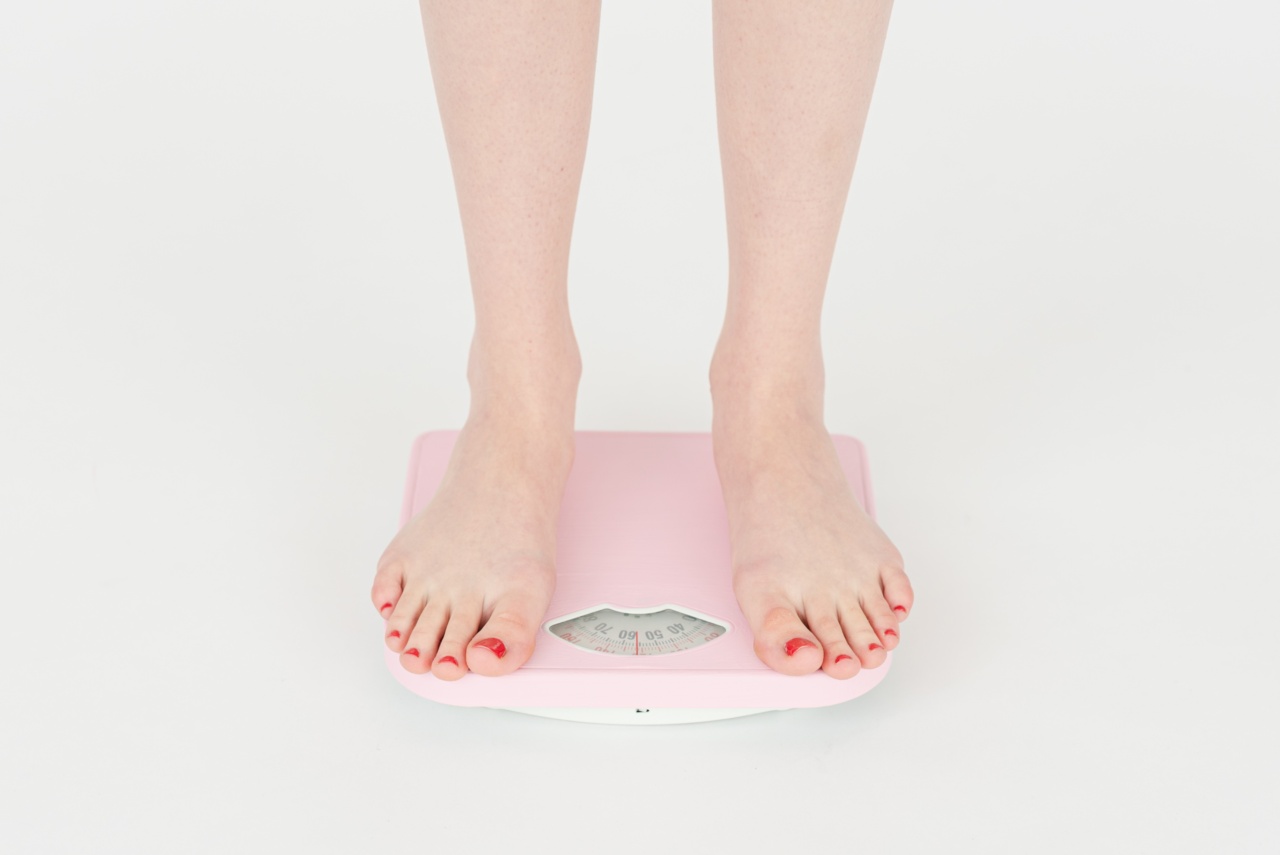High blood pressure, or hypertension, is a condition that affects millions of people around the world. The condition is characterized by elevated levels of pressure in the arteries, which can lead to heart disease, stroke, and other health problems.
Fortunately, there are several simple techniques that you can use to lower your blood pressure and reduce your risk of these complications. In this article, we’ll explore five of the most effective strategies for managing high blood pressure.
1. Eat a Healthy Diet
What you eat has a significant impact on your blood pressure, so it’s essential to choose a diet that’s both healthy and nutritious.
In particular, you should try to consume plenty of fruits, vegetables, lean proteins, and whole grains while limiting your intake of sodium, saturated fat, and added sugars. This can help keep your blood pressure in check by reducing inflammation, lowering cholesterol levels, and improving blood vessel function.
2. Get Regular Exercise
Physical activity is another critical factor in blood pressure management. By staying active, you can help reduce stress, improve heart health, and enhance blood flow throughout your body.
Whether you prefer walking, jogging, swimming, cycling, or strength training, aim to get at least 30 minutes of moderate activity most days of the week. Remember to start slowly if you’re new to exercise and work your way up gradually to avoid injury.
3. Manage Your Stress Levels
Stress is a common contributor to high blood pressure, so it’s essential to find ways to reduce your stress levels.
This can include practicing relaxation techniques such as yoga, deep breathing, or meditation, spending time with loved ones, pursuing hobbies that you enjoy, and getting enough sleep each night. If you’re feeling overwhelmed or anxious, don’t hesitate to seek support from a mental health professional or counselor.
4. Limit Your Alcohol Consumption
Excessive alcohol intake can also raise your blood pressure, so it’s important to be mindful of your drinking habits.
The American Heart Association recommends limiting alcohol to no more than one drink per day for women and no more than two drinks per day for men. A drink is defined as 12 ounces of beer, 5 ounces of wine, or 1.5 ounces of liquor.
5. Quit Smoking
Smoking is a significant contributor to heart disease and other health problems, including high blood pressure. If you smoke, quitting can help reduce your risk of these complications and lower your blood pressure naturally.
You may want to consider using nicotine replacement therapy or seeking support from a smoking cessation program to increase your chances of success.
Conclusion
While high blood pressure can be a significant health concern, it’s important to remember that it’s never too late to make positive changes in your lifestyle.
By eating a healthy diet, getting regular exercise, managing your stress levels, limiting your alcohol intake, and quitting smoking, you can reduce your risk of complications and enjoy better overall health and wellbeing.




























